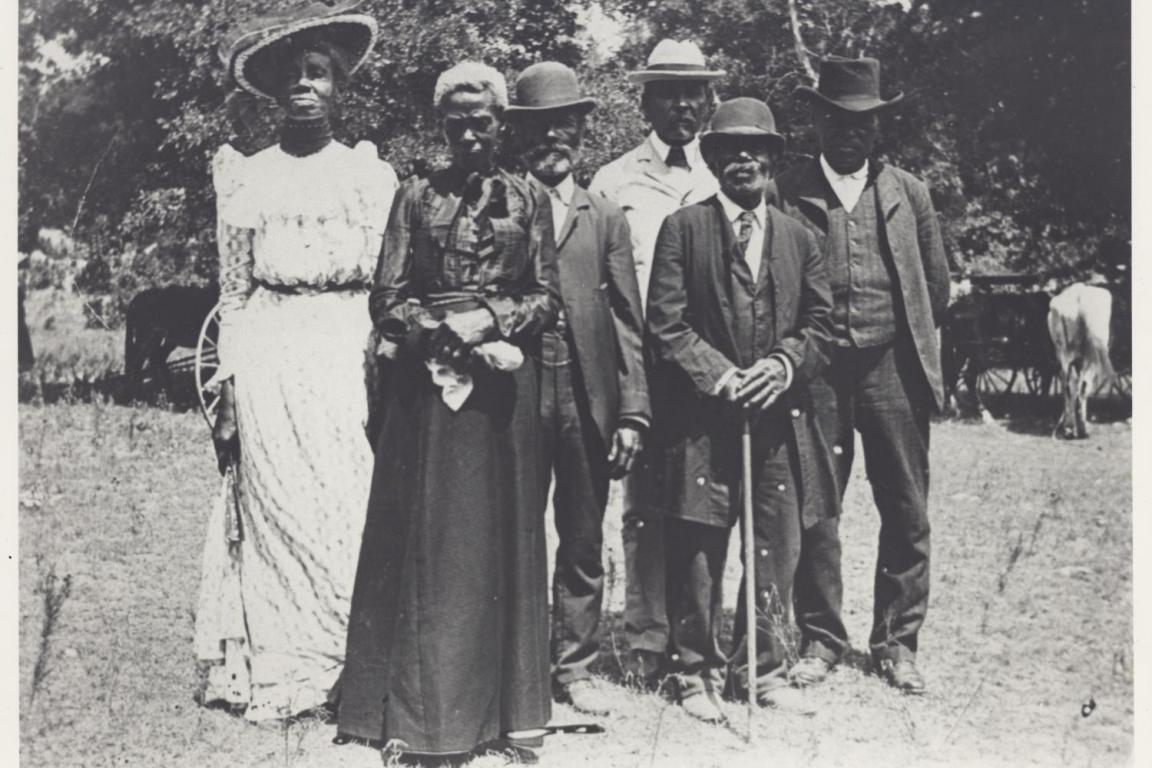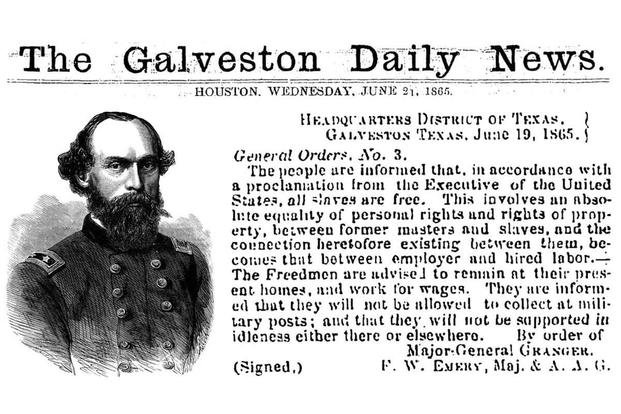Hey there,
Juneteenth, celebrated today, marks a pivotal moment in American history. Although President Abraham Lincoln issued the Emancipation Proclamation on January 1, 1863, declaring freedom for enslaved people in Confederate states, many African Americans remained enslaved in Confederate and border states that were loyal to the Union. Even after General Robert E. Lee’s surrender, Texas plantation owners continued to defy the proclamation. It wasn’t until Major General Gordon Granger delivered General Order No. 3 in Galveston, Texas, on June 19, 1865, that the last enslaved people were officially freed. This day, known as Juneteenth, symbolizes the end of slavery in the United States and serves as a powerful reminder of the ongoing struggle for equality and justice.
The effects of slavery have since rippled through generations, particularly in health disparities faced by Black Americans. Research shows that Black babies have unhealthy lower birth weights (13.8% vs. 7% for white infants) across all other demographics, believed to be largely due to the chronic stress of racism. Black women are also 40% less likely to receive pain medication in hospitals for acute pain compared to white patients. And Black men continue to face significant barriers to quality healthcare, resulting in a life expectancy that is 4.5 years shorter than that of white men. These are just a few of the many examples of racial health disparities.
While slavery officially ended 159 years ago, racism persists in our healthcare profession in both small ways and large. It’s crucial that we continue to move our country forward, striving to improve ourselves and always being aware of our conscious or unconscious biases as healthcare professionals.
Racism was not eradicated on Juneteenth, or even a century later with desegregation. Recognizing that progress is still required in each of us honors the thousands of men and women who fought and died during the Civil War, as well as the countless people who have suffered ever since.
On this Juneteenth and every other day, let us commit to advancing health equity, understanding the legacy of our past, and working towards a just and fair healthcare system for all.





